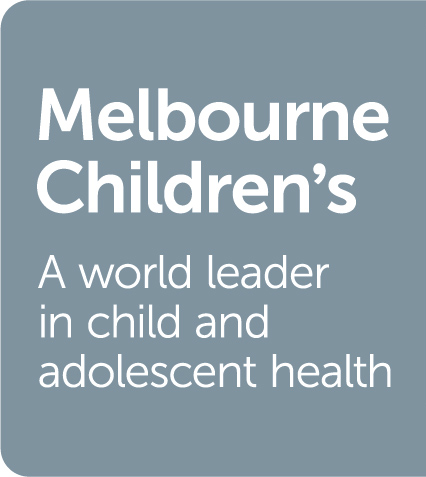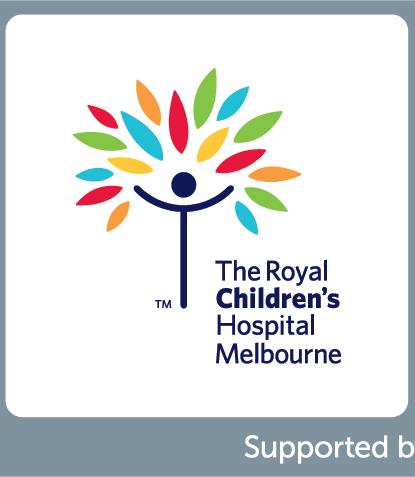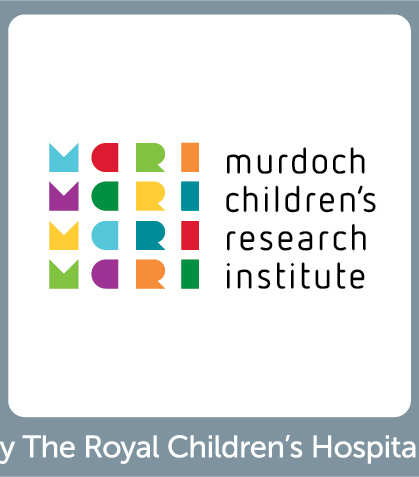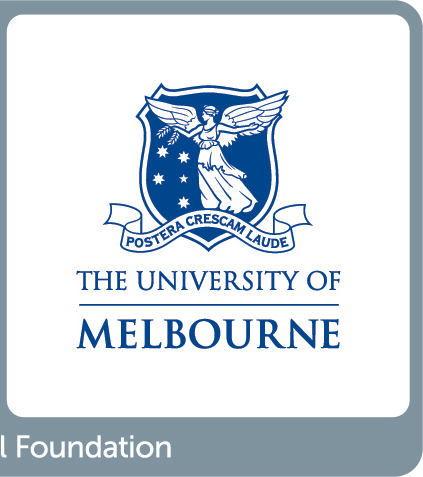Developing resources to support care of children with Medically Unexplained Symptoms
Why do we need this project?
Many young people attend The Royal Children’s Hospital (RCH) with severe and debilitating physical symptoms. Their tests for signs of a physical illness commonly return with normal results, with no medical cause found.
These cases are regarded as Medically Unexplained Symptoms (MUS).
Children and young people with MUS that may be due to Somatising (physical symptoms caused by the body’s response to underlying stress or anxiety) are managed by general and speciality medical teams. Medical staff exclude medical causes for the symptoms through examination and investigations.
Mental health referrals are usually made after a diagnosis of MUS and/or Somatising is made. This process can be confusing and frustrating for young people, and their families.
Currently, there is no consistent model of care at the RCH for these patients. This has been challenging to develop and implement due to confusion about terminology, perceptions that mental health involvement may not be beneficial, and a lingering anxiety that a medical condition could still be diagnosed.
Aim
This project aims to:
- develop a common language for Somatising Disorders within the RCH
- develop resources for young people, families, and RCH staff to enhance awareness of MUS, Somatising, and Somatic symptom and related disorders
- develop consistent pathways of care for Somatising disorders, including psychological assessment guidelines
- develop training materials to equip the RCH workforce to talk to parents and carers about Somatising disorders and need for mental health care
This project involves input from key stakeholders within the RCH and people with lived experience (i.e., young people, parents, and carers) to review language, resources, guidelines, and care pathways for Somatising disorders.
Acknowledgement of Country



At Mental Health Central we acknowledge the traditional custodians of the land on which we live, gather and work. We recognise their continuing connection to land, water and community. We pay respect to Elders past, present and emerging.



